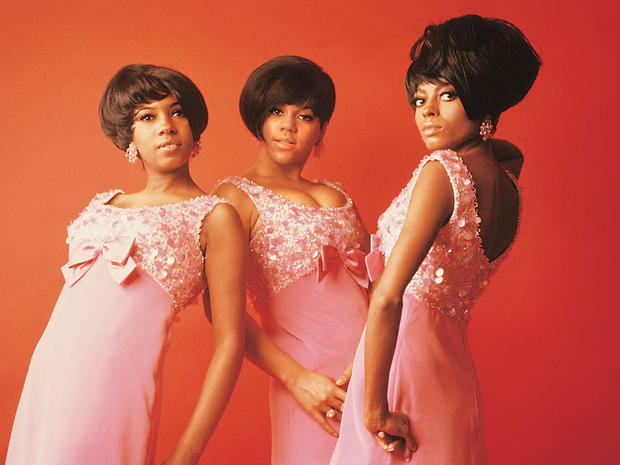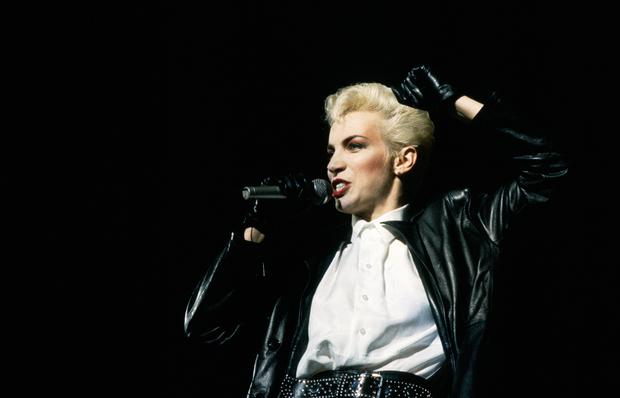Scientists' revolutionary findings on pop music
The history and evolution of pop music has long been debated, but now science offers a more definitive view. A group of academics used computers and biology to pinpoint the shifts in American music over 50 years, reports CBS News correspondent Charlie D'Agata.
In the twists and turns of America's pop music chart, everyone has an idea of the moments that marked its growth and change: Motown, when Dylan went electric, when Elvis left the building and disco entered the clubs, the superstars of the '80s and '90s and beyond.
But in a London office, music information expert Matthias Mauch said it's a lot simpler than that.
Using classic principles of evolutionary biology combined with cutting-edge computer processing, Matthias and fellow scientists analyzed the top-selling 17,000 songs from Billboard's Hot 100 from 1960 to 2010 and found there were only three major revolutions in pop music over five decades.
The first revolution is no revelation: the British invasion of the 1960s. But the second big turn came as a surprise.
According to the numbers, Eurythmics and others changed the track by creating a modern sound unlike anything before it.
"You can hear synthetic drums, drum machine and also you can hear the synthesizes," Mauch said. "It was very new stuff at the time."
It became part of that '80s sound and that's why, Mauch said, there was such a big change.
But critics have questioned whether a bunch of scientists have any right to break down something as personal as music, into digits and graphs.
One of those scientists, evolutionary biologist Armand Leroi, said he's more than qualified.
"I'm interested in worms. Very small worms. Very important worms," Leroi said.
He said the evolution of music is similar to that of worms.
"It's not that worms sing, they're actually entirely silent, but they do have this much in common with music in that there's an awful lot of them and they come in many different varieties," Leroi said.
For him, it's all about diversity and adaptation -- how music, like living creatures, changes over time.
"It's the process that Darwin spoke about, modification by dissent, about how things over time are changed and transmuted and altered and recombined to make new entities," Leroi said.
Those new entities make up the third and biggest revolution in pop music over that 50-year period -- Hip Hop. Artists like LL Cool J knocked everything else off the charts in the early '90s.
"There's so much emphasis on speech and rhythm that harmony completely disappears," Mauch said.
To music fans it may not feel like that rings true, but Leroi has an answer for that too.
"This is science, everything before hand, it was just opinion," he said.



